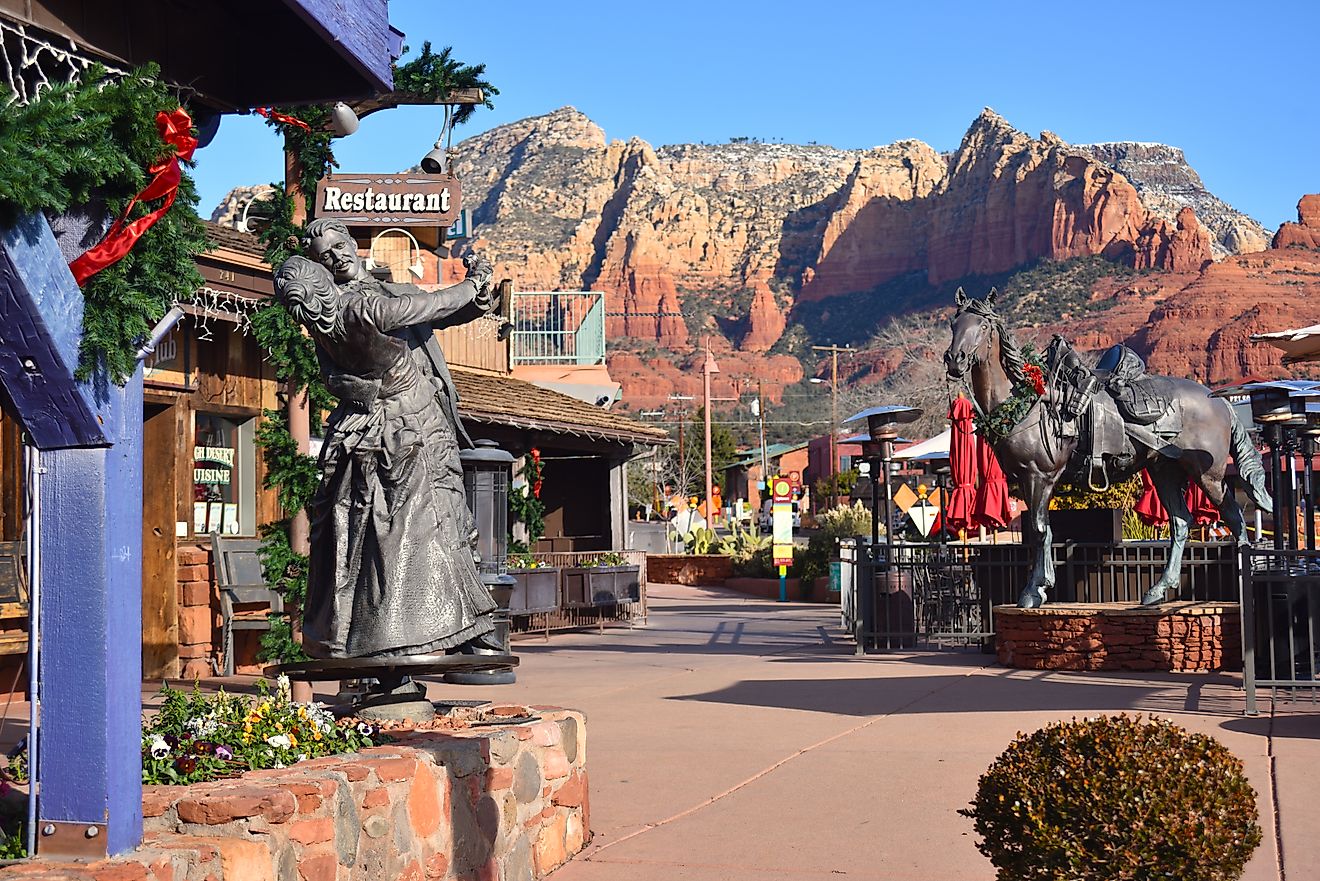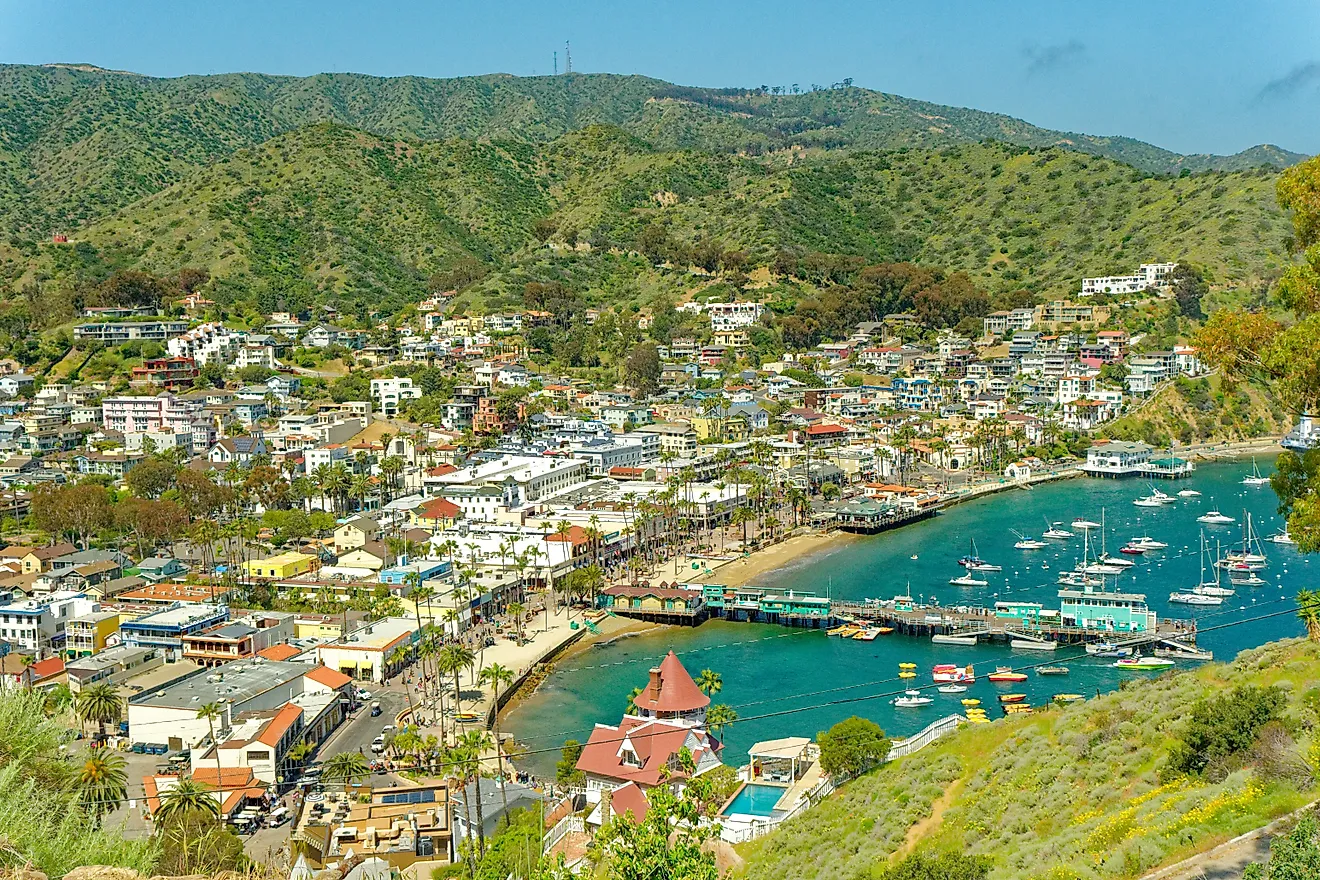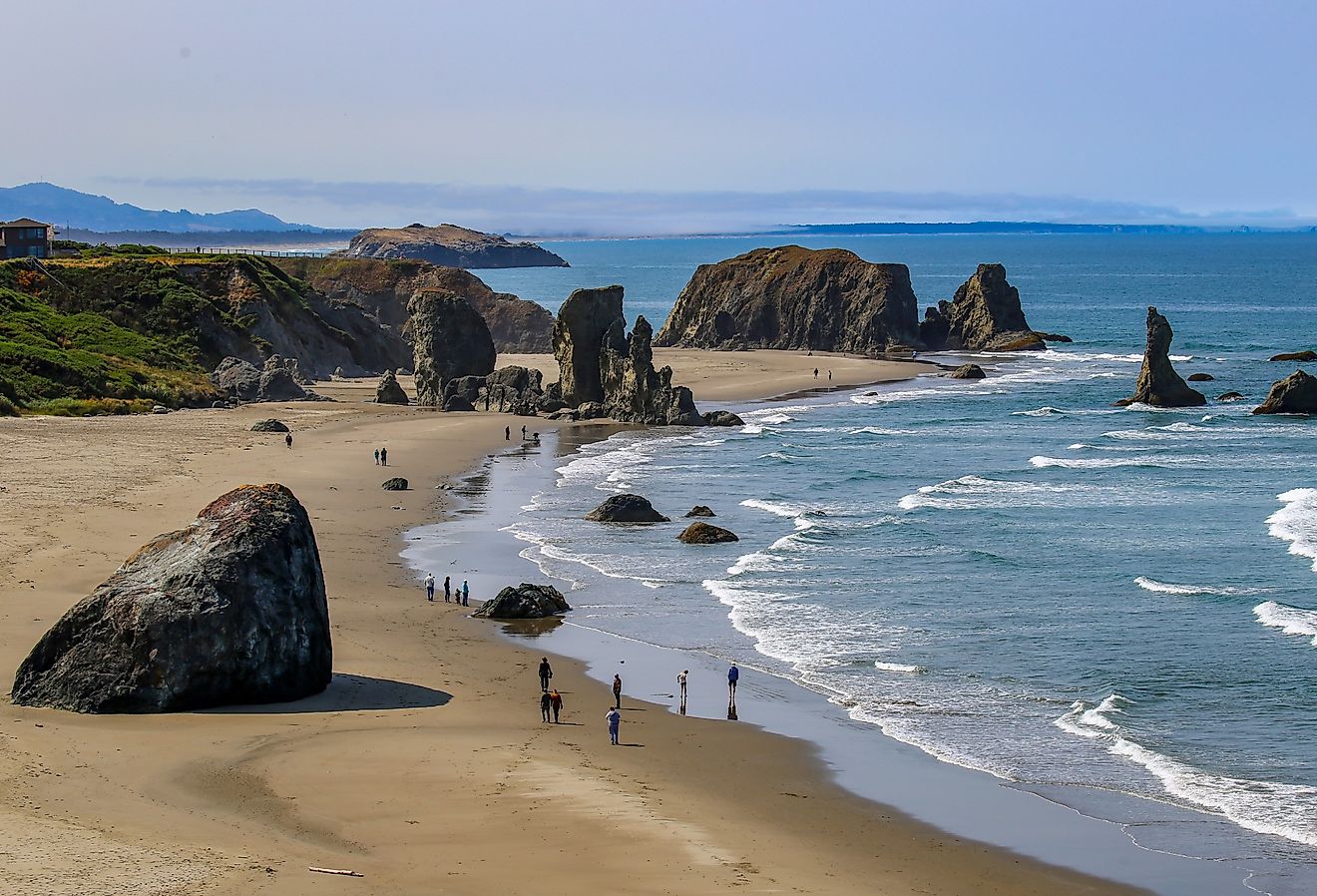Top 10 Most Adventurous Caving Destinations In The World
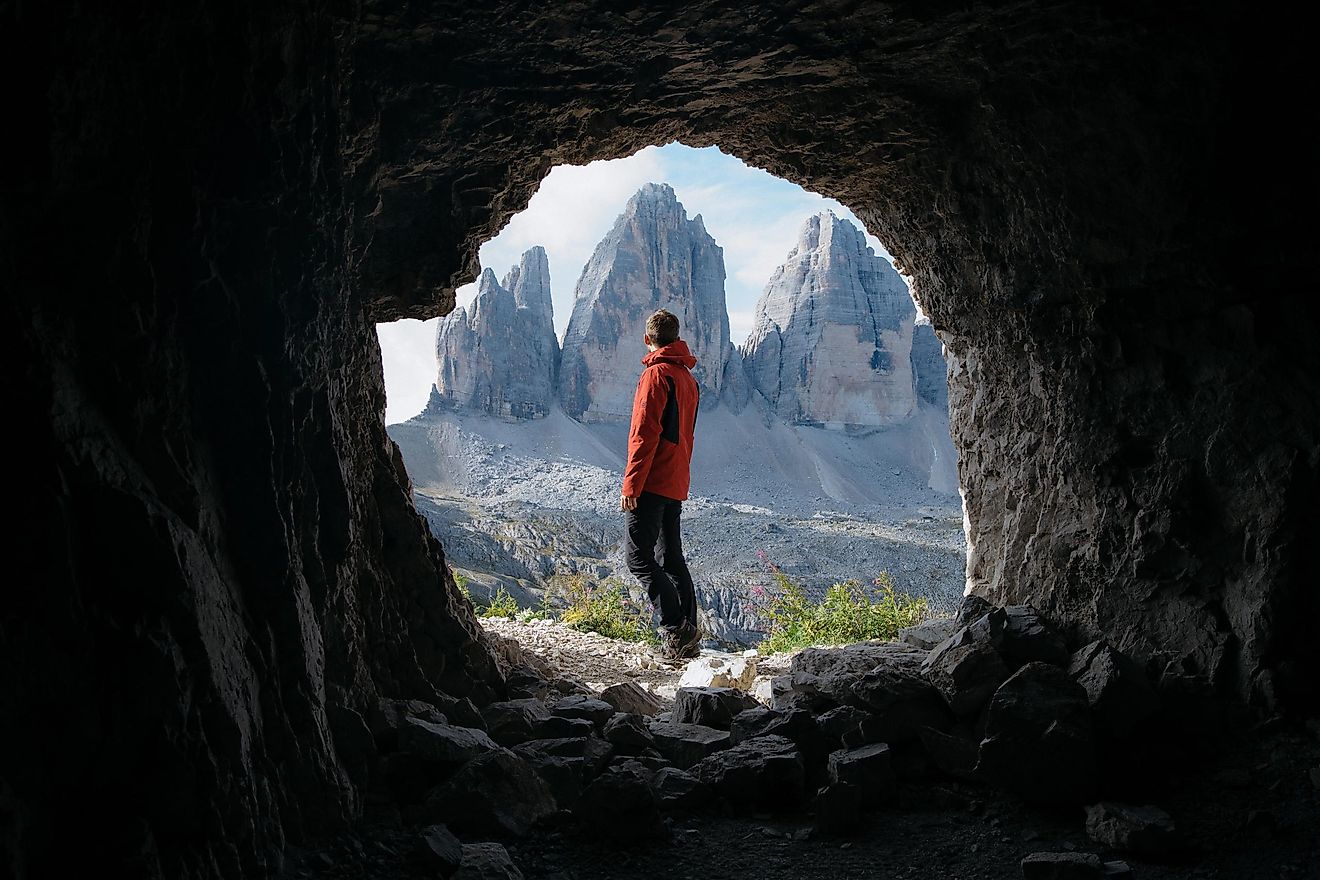
- Mammoth Cave is the world’s longest accessible cave.
- The cave of Swallows has the world’s biggest cave shaft and the eleventh deepest pit.
- Ellison’s Cave is the twelfth deepest American cave
Caving, also referred to as spelunking, is an entertaining hobby of exploring and discovering wild cavern systems. Caves are mysterious and peculiar natural voids in the ground that are formed by weathering of rocks and often stretch deep underground. Every cave is unique and offers a story. Spelunking can be fun, but it has several challenges. Other than darkness at the cave’s entrance, negotiating pitches inside the cavern can be very challenging. Spelunking can be an excellent adventure for fearless curiosity-seekers. However, even tourists who don’t love caving can still appreciate some of the most amazing caves on the planet. Most caves have visitors hot spots complete with light and paths with handrails. Some of the most adventurous caving destinations on the planet include:
Waitomo Glowworm Caves
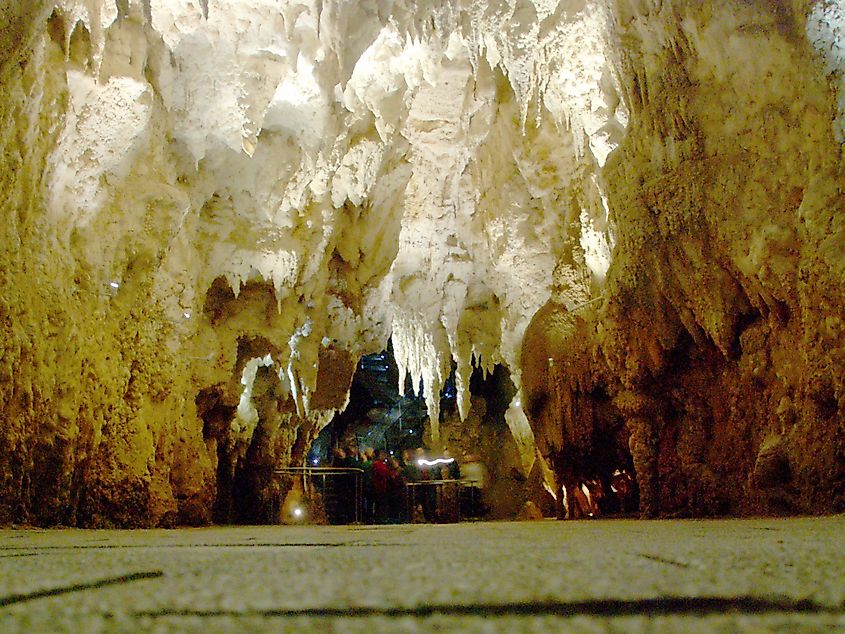
Waitomo Glowworm Cave is one of the world’s most unique attractions that is situated in Waitomo, New Zealand. The glowworm cave is part of the Waitomo cavern system that includes the Aranui and Ruakuri caves. The glowworm cave is known for its Arachnocampa luminosa population, a glowworm species that is found exclusively in this country. The glowworms create a unique light pattern with their luminescent bodies inside the cave. Boat trips into the caves provide an up-close look at the fantastic natural light show. Waitomo cave is not a destination for caving enthusiasts; however, it is still an adventurous underground destination.
Barton Creek Cave
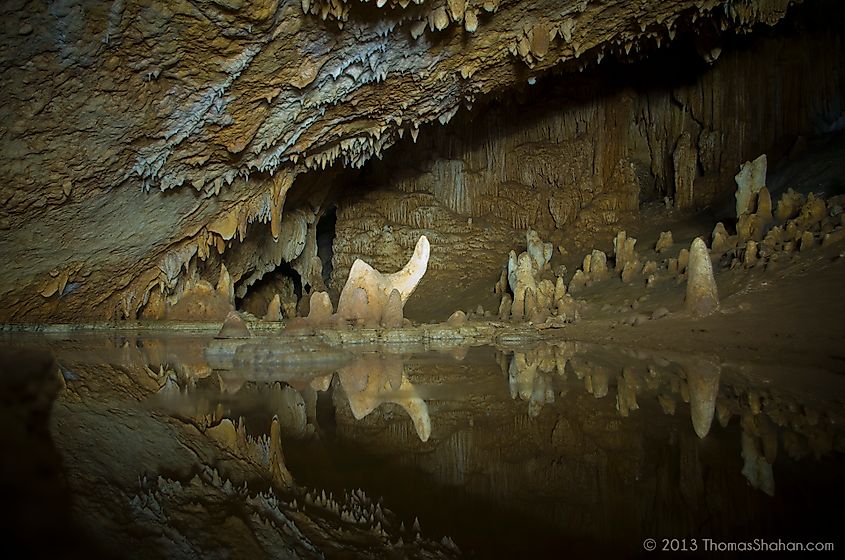
Barton-Creek cavern is a natural cave that is known as both a tourist attraction and an archaeological site. The cave is situated in the Barton Creek region in Cayo District, Belize. It is a single-passage resurging stream cavern that has over 21,000 ft long giant passages that are covered by huge speleothems over a navigable stream. It is a cathedral-like cave that was used for human sacrifices and ceremonial purposes by the Maya. Fearless tourists can swim in the underground river.
Harrison’s Cave
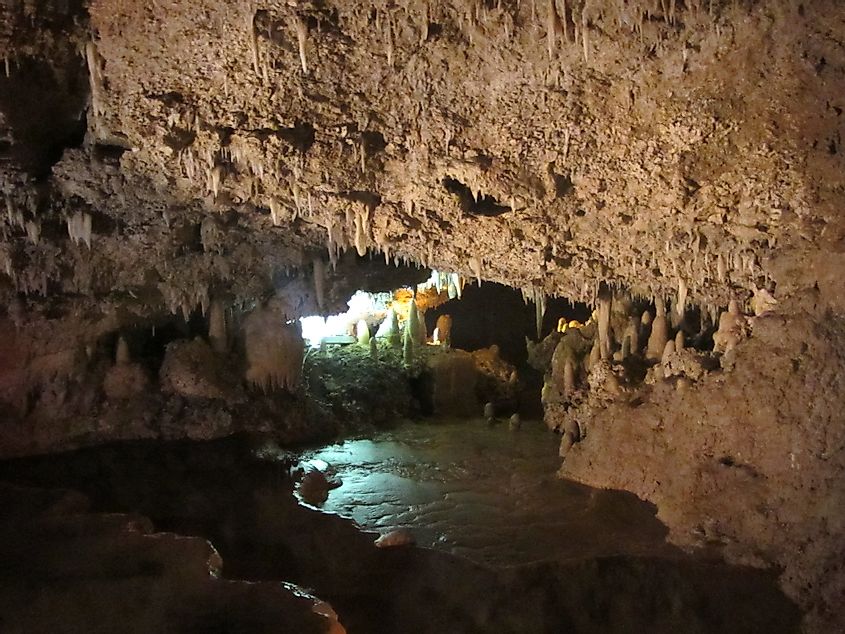
Harrison’s Cavern is a major attraction in Barbados that was first mentioned in 1795. The cavern was re-discovered by Peeples Jack during the early 1970s. The caves were developed as part of a tram-tour and opened in 1981 by Barbados’s government. The cavern was created by water-erosion. The calcium-rich water that flows through Harrison’s cave created some unusual stalagmites and stalactites formations. Visitors can travel through these caves using a tram. The tram usually stops at the cave’s central region, which is known as the Great Hall. Other places where the tram stops include the Altar, the Rotunda, and the Chapel.
Phong Nha Cave
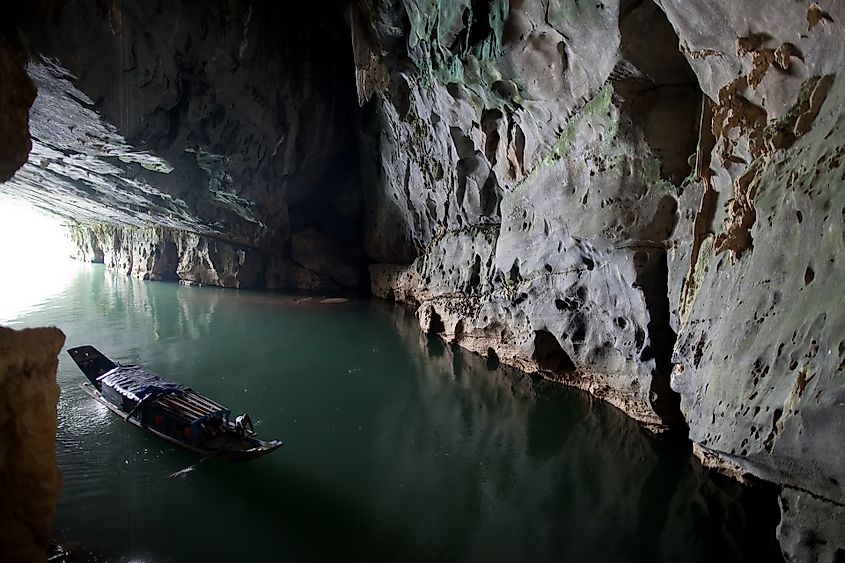
Phong Nha Cavern is a 25,358ft long cave that is made up of 14 grottoes and an 8.7 miles underground stream. While archaeologists have surveyed only 27.7miles of its passages, visitors are only allowed to explore the first 0.932miles of the cave. The cave is part of the Phong-Nha-Ke-Bang Park that is situated in Vietnam. The cavern is known for its unique rock formations that have been given various names, including the ‘’Buddha’’, the ‘’Royal Courts, and the ‘’Fairy Caves’’. The river that is flowing through the cave is filled with stalagmites and stalactites. It is considered to be one of the world’s most beautiful cave because of its beautiful underground lake and long river.
Mammoth Cave
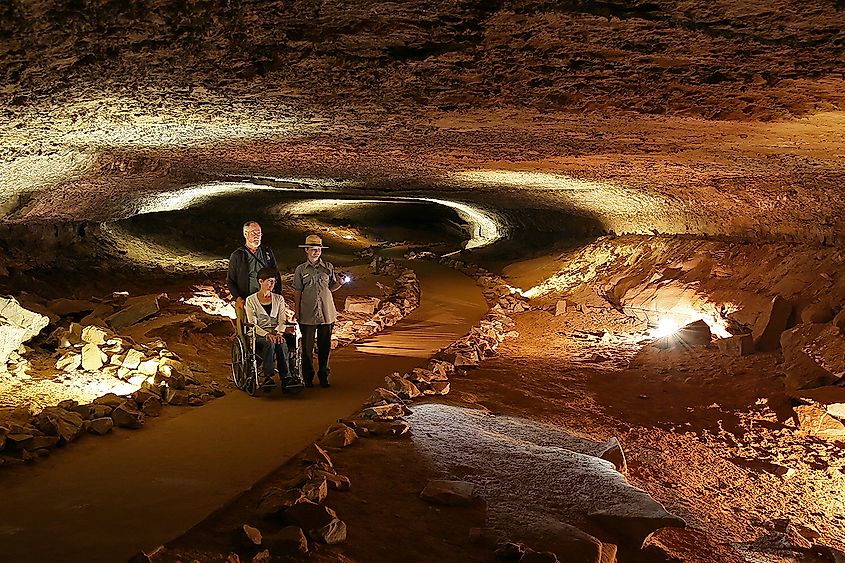
Mammoth cave is an amazing and accessible underground tourist destination that is situated in Kentucky. The mammoth cave is almost twice as long as the world’s second-longest cavern. It is the longest carven on earth that stretches for about 400miles. Its endless chambers and tunnels make it an excellent destination for both novice and experienced spelunkers. It is one of the oldest attractions in the continent that became a park in 1941.
Caves Of Swallows
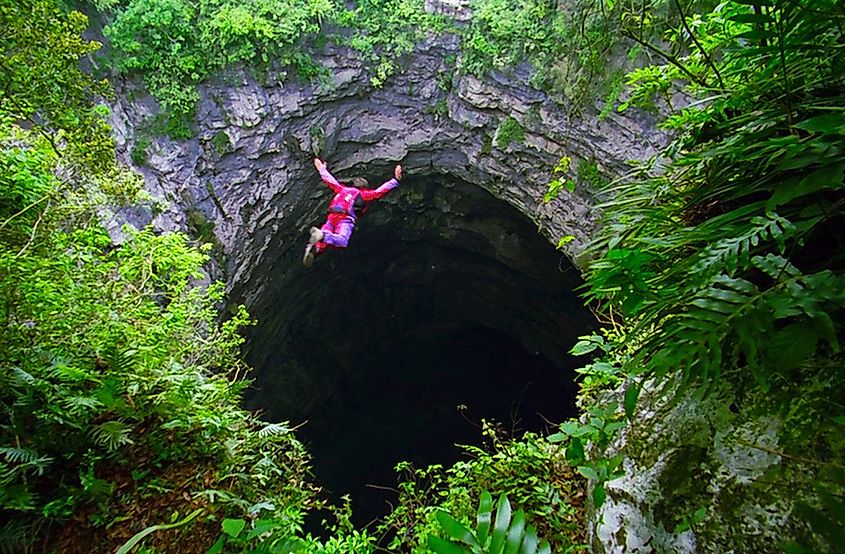
The cave-of-swallows is an open-pit cave that widens as you get closer to the bottom. It is one of the world’s deepest freefall caverns that is 160.8ft by 203ft wide at its elliptical mouth. The cave’s floor is a 1,092ft freefall drop from the lower-side of the opening. The cave of swallows is the world’s eleventh deepest pit and the second in Mexico. The cave’s temperature is quite low, and its mouth is covered by vegetations. Its floor is covered by guano and debris and is inhabited by birds, snakes, and insects. Cavers love anchoring themselves on the lowers side of its opening and climb down.
Fingal’s Cave
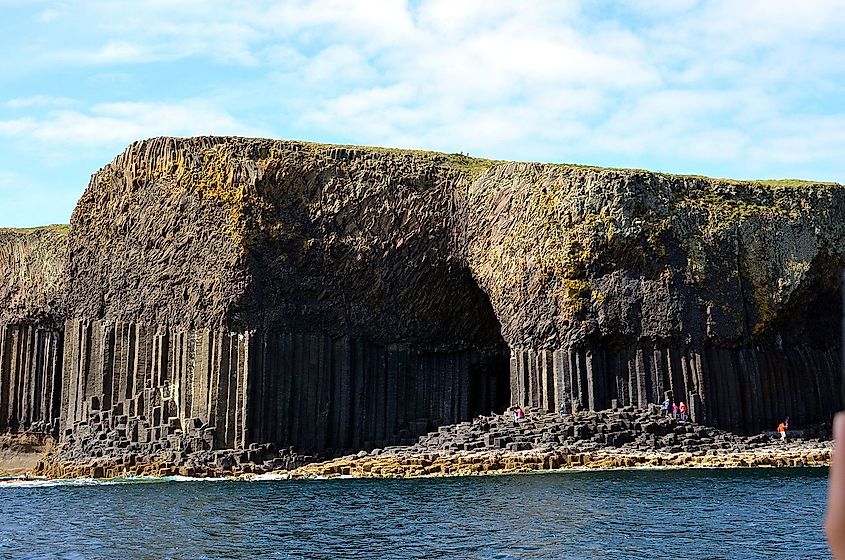
Fingal’s Cavern is a sea cavern that is famous for its natural acoustics. The cave is situated on the uninhabited Staffa Island in Scotland. It has an enormous arched entrance over-the-sea; however, vessels cannot enter. It is an odd cavern that is made up of perfect columns, and it serves as an ideal reminder to the visitors of the unimaginable wonders that exist on the planet. During calm climatic conditions, cavers can land on the island and walk into the cave through a row of fractured columns that form a passage just above the high-water-levels.
Lascaux Cave
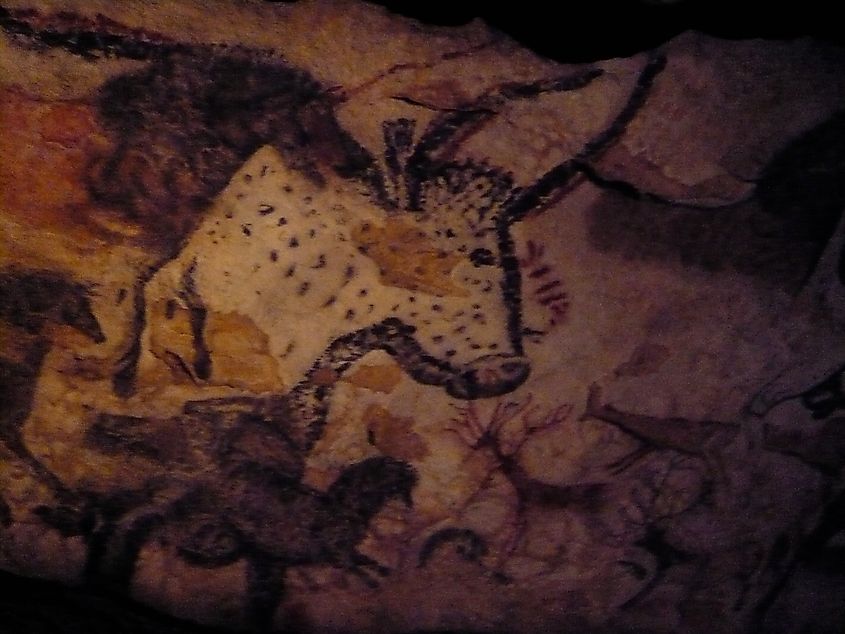
Lascaux is a unique set of caves situated near Montignac village in southwestern parts of France. Lascaux is not a spelunking cavern; however, it is a unique archaeological discovery. The cave holds over 600 parietal wall paintings from about 17,000yearsa ago. The paintings represent contemporary and local fauna and large animals that correspond with the fossil records of the Upper-Paleolithic era. The cave’s entrance was discovered by Ravidat Marcel in 1940 after his dog fell into a hole.
Ellison’s Cave
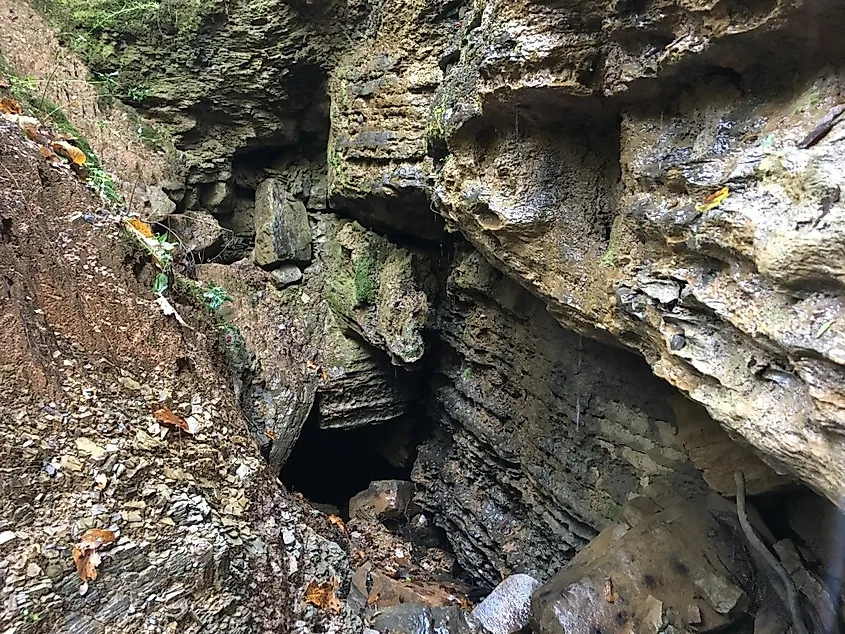
Ellison’s Cave is the twelfth-deepest cavern in the U.S. that features the Fantastic pit, the deepest, unobstructed-pit in contiguous United States. It is a pit-cavern that is situated on Pigeon Mountains, Georgia. It is 12miles long and stretches 1,063ft vertically. The cave features several vertical pitches such as Incredible (440ft) and Fantastic (586ft) pits. Cavers must descend a 125ft pit before reaching the Fantastic Pit.
Onondaga Cave
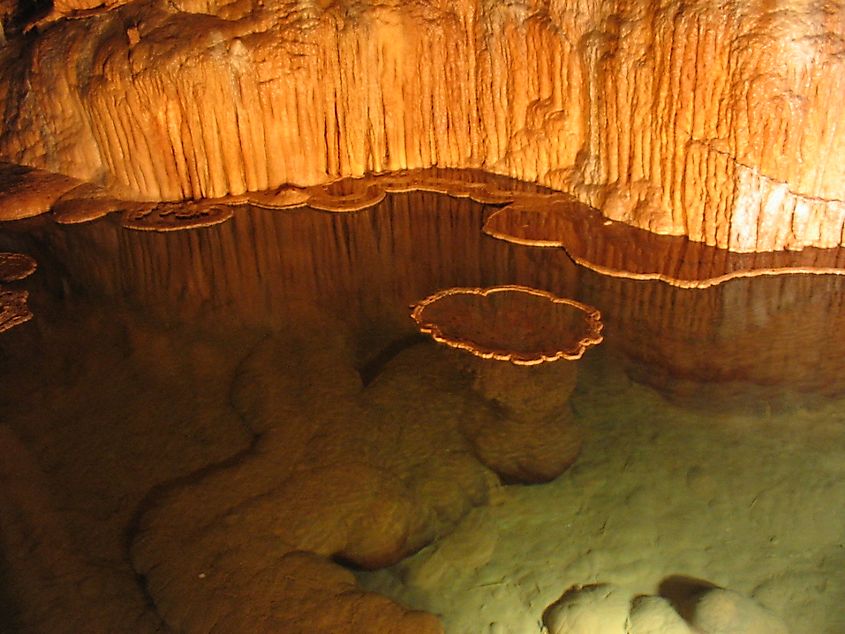
Missouri is nicknamed the ‘’Cave-State’’ because it has over 6,000cave formation, including the Onondaga Cave. Onondaga has active flowstones where water is creating several formations. The dripping stalactites and stalagmites in this cave have made it a national natural-landmark. The cave features natural bridges, eroded rolling hills, sinkholes, springs, and deep hollows. The crevices that make up this cave were formed by old rivers that were continually streaming underground.

